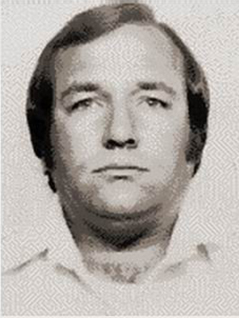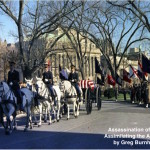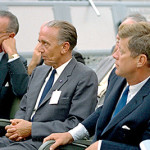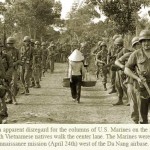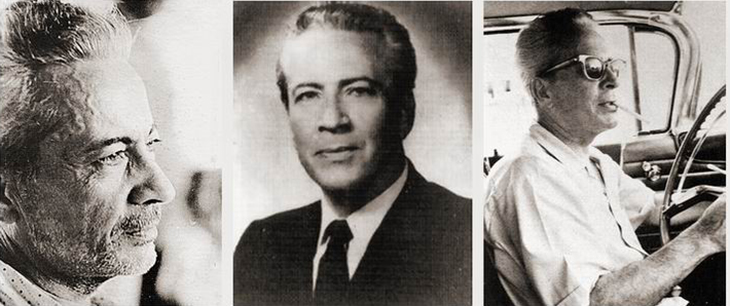
John Martino
Plus:
CIA’s Character Assassination Techniques, Gerald Posner & Gary Mack
During the summer months in 2000 Gerry and I began exchanging in-depth research materials that we had separately obtained from various sources through various methods. Some of my files involved the activities of Barry Seal, among others. I always find it suspect when the same names keep cropping up across multiple operations involving seemingly separate agencies. In this case, some of the “players” closest to Seal had very interesting connections to Gerry’s research. Due to the sensitivity of the information, I won’t delve deeper into that aspect for the purposes of this article.
This recorded conversation starts out with Gerry letting me know he got the “go ahead” from his London contact to pass on certain files to me that I needed for my research. I let Gerry know that I would send him my files (over 300 documents) that he needed for his ongoing investigation into Barry Seal.
After that, I continued down a line of inquiry that we had touched on in previous discussions, namely: Gerry had informed me that a completely separate “contract” for a hit had been placed on Governor John Connally, independent of the assassination of JFK. He provided a very reasonable explanation for why the name needed to remain “off the record” and so we did not commit it to tape. Instead, I followed up with questions concerning the possible presence of protestors in Miami during JFK’s visit there, and his knowledge as to why the motorcade route was aborted in favor of Marine One during that visit. Gerry again expressed, with certainty, his belief that had he not recognized that something was very wrong early on, then he and his team would have been used as patsies…and:
“We’d have been left dead and bleeding on the tarmac right at the foot of the stairs to Air Force One.”
Gerry employed the metaphor, “It hits you in the head” to describe this “gut feeling” and attributed its presence to his possessing a limited amount of PC (pre-cognition), which is a trait commonly experienced among Intelligence Operatives and others who have developed heightened observational acuity from being regularly placed in extremely risky circumstances requiring an elevated state of vigilance. He suspected Howard Davis, in this case, and he described “Operation Red Cross” as being compartmented where Davis should not have known anything, but in fact, did know all about it. He summarizes Operation Red Cross in which Bill Pawley took a commando team in with Rip Robertson, Lynch, and Dick Billings on board with John Martino, and dropped off Eduardo Perez [aka: Bayo] hoping to bring some Soviet defectors out. According to Hemming: Pawley wasn’t just some businessman, he was a first class Operator.
We had a critical conversation about the dangerous “ego trip” by which the Secret Service had often found itself handicapped in order to save face.
Other topics of interest include: Gerald Posner’s dubious authorship; the CIA’s tactic of using damaging “hard to ever be rid of labels” on its enemies; and Gary Mack’s one time obsession with placing such a label on Jim Garrison.
